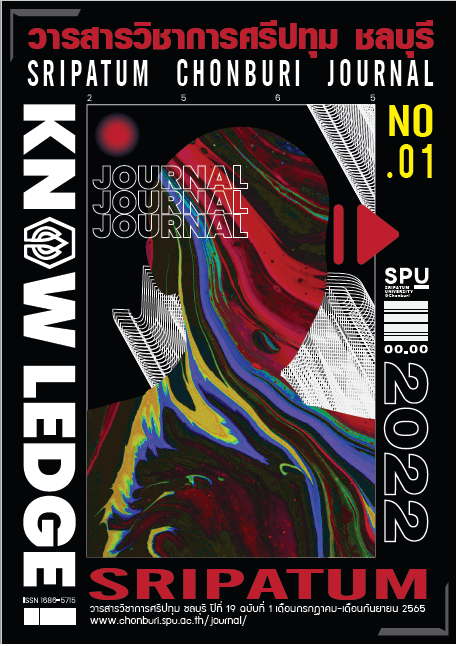RESEARCH ON THE RELATIONSHIP BETWEEN UNIVERSITY TEACHERS’ PSYCHOLOGICAL CAPITAL AND ORGANIZATIONAL COMMITMENTS
Keywords:
Organizational Commitment, Psychological Capital University TeachersAbstract
The objectives of this study were to study factors of psychological capital influencing the university teachers’ organizational commitment in Shanxi Province, China. This quantitative research design made use of a questionnaire to collect data from the teachers. Descriptive statistics were employed to analyze the data and inferential statistics. This research found that psychological capital of university teachers had a significant impact on organizational commitment.
University administrators need to increase the psychological capital investment of teachers, shape a positive and healthy work attitude, and enhance the professionalism of teachers. They also need to attach importance to the guidance of university teachers’ organizational commitments and continue to effectively improve university organizational performance and core competitive advantages.
References
Abu Yaman, I. K. (1967). Biologie des prozessiosspinners (thaumetopoea wilkinsoni tams) in jordanien. Anzger für Schdlingskunde, 40(10),
pp. 154-156.
Bai, Guanglin, Ling, Wenzhen, & Li, Guohao. (2011). Research on the relationship between occupational plateau and job satisfaction,
organizational commitment and turnover intention. Soft Science, 2, pp. 108-111.
Guo, Tongmei, Guo, Qiuyun, & Meng, Libing. (2019). Research on the relationship between psychological capital and innovation performance
of knowledge workers. Economic, 10, pp. 71-78.
Jiang, Ling. (2018). A comparative study on the professional learning community of librarians at home and abroad from a cross-cultural
perspective. Library Work and Research, 3, pp. 122-128.
Kang, Chaoqun, & Yang, Qing. (2019). The influence of the psychological capital of university librarians on their organizational citizenship
behavior: the mediating role of organizational commitment. Libraries, 5, pp. 1-7.
Ke, Jianglin, & Sun, Jianmin. (2018). The influence of internal control personality, transformational leadership and organizational culture on
employees' psychological capital. Economics and Management Research, 9, pp. 136-144.
Luthans, F., Avolio, B. J., Walumbwa, F. O., & Li, W. (2005). The psychological capital of Chinese workers: Exploring the relationship with
performance. Management and Organization Review, 1(2), pp. 249-271.
Luthans, F., Vogelgesang, G. R., & Lester, P. B. (2006). Developing the psychological capital of resiliency. Human Resource Development
Review, 5(1), pp. 25-44.
Luthans, F., Avey, J. B. , & Patera, J. L. (2008). Experimental analysis of a web-based training intervention to develop positive psychological
capital. Academy of Management Learning & Education, 7(2), pp. 209-221.
Sui, Yifan & Tang, Qianfan. (2008). A 30-year development practice study of social services in Chinese universities. Chinese Higher Education
Research, 11, pp. 18-22.
Zhong, Lifeng. (2007). Influence of psychological capital on employees’ job performance, organizational commitment and organizational
citizenship behavior. Acta Psychological Society 2, pp. 328-334.
Downloads
Published
Issue
Section
License

This work is licensed under a Creative Commons Attribution-NonCommercial-NoDerivatives 4.0 International License.
บทความทุกบทความเป็นลิขสิทธิ์ของวารสารวิชาการศรีปทุม ชลบุรี



